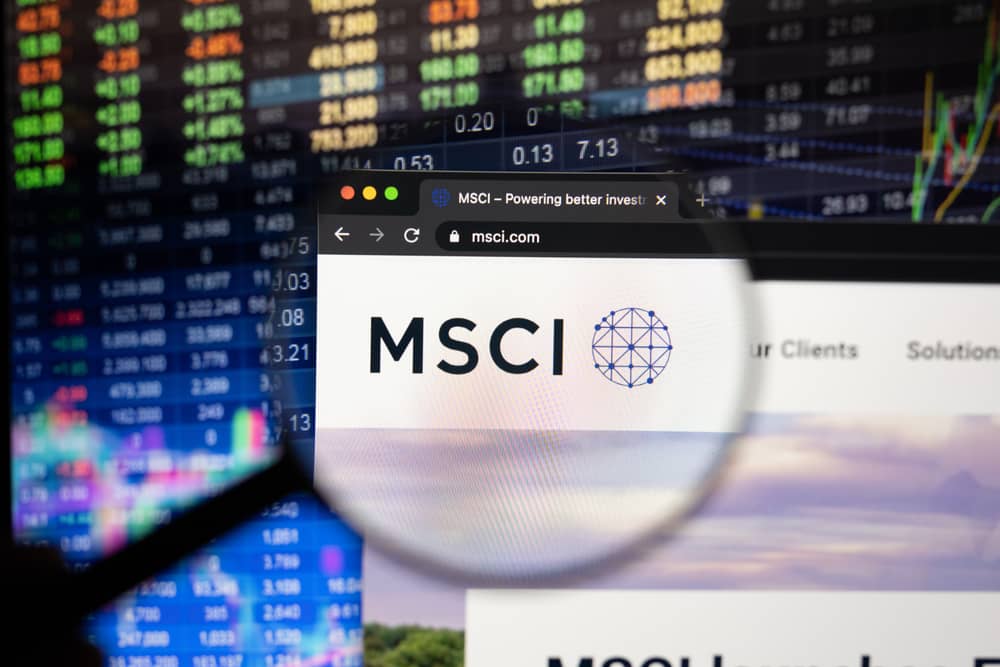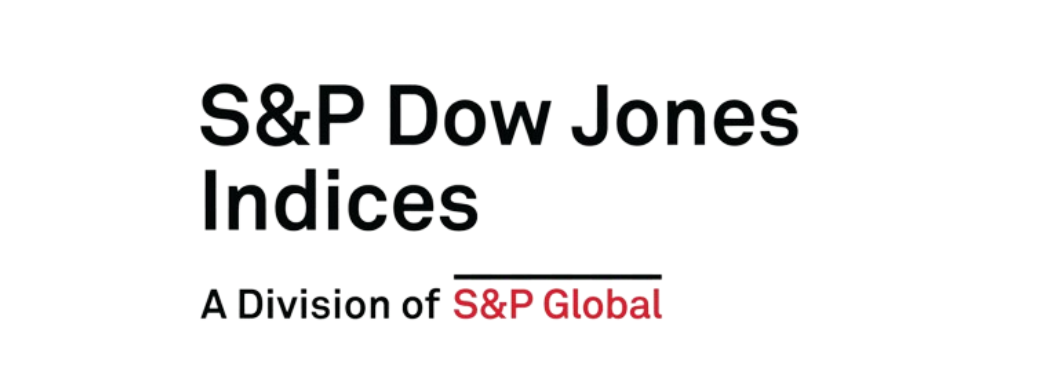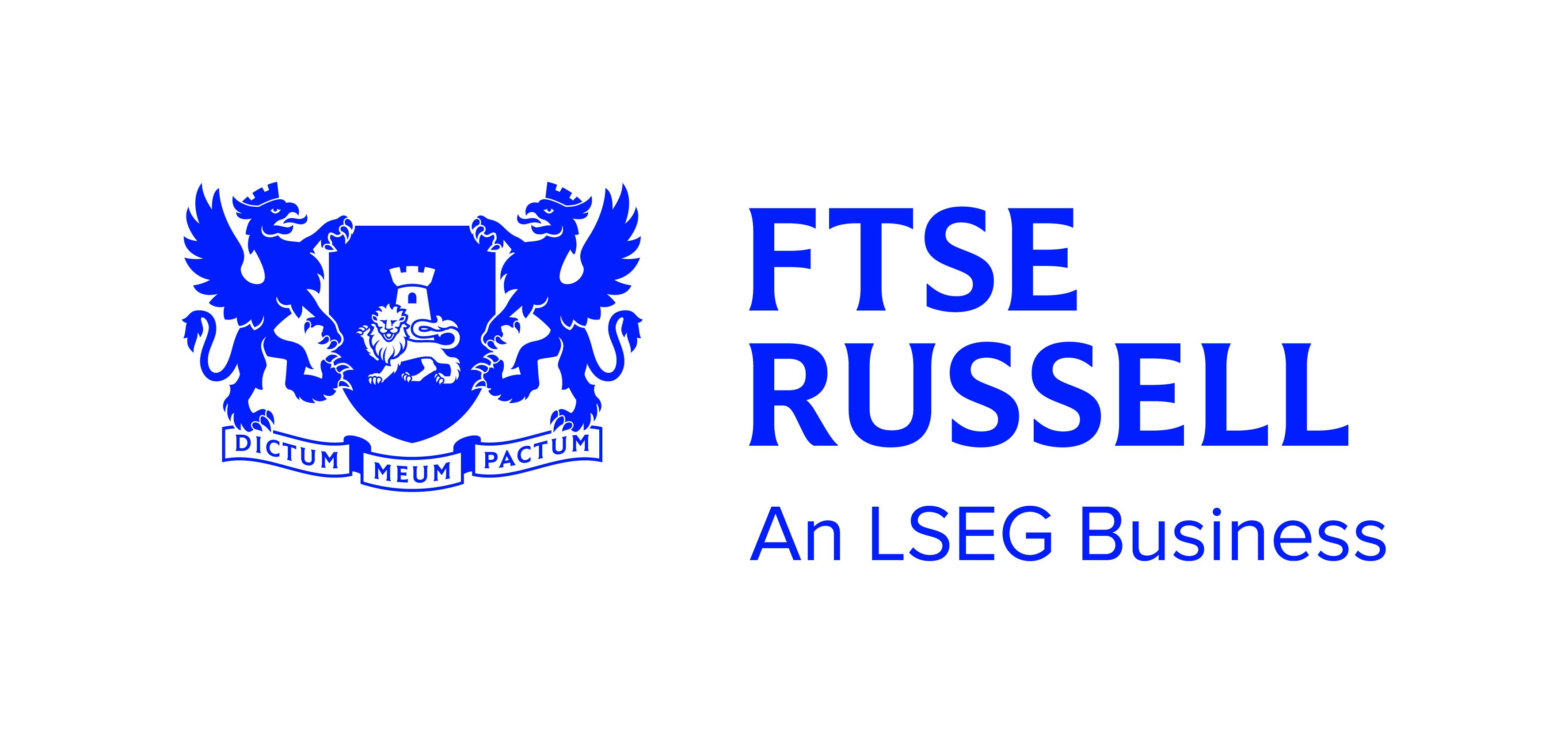The world’s second-largest index provider MSCI has earned its position by being a “proven compounder with leading offerings” in indexing and “unmatched” scale and longevity in ESG data, according to research conducted by JP Morgan.
The US giant initiated a buy stance on the company last December and a 12-month price target of $580 on its stock, representing a 17% upside on the time of publication.
JP Morgan described MSCI as “a great house on a great block”, with 6,600 clients using its roughly 275,000 indices with $13.5trn assets under management (AUM) by the end of H1 2022.
In particular, the bank praised MSCI’s explosive growth since it was spun off from Morgan Stanley through an IPO in 2007.
It expects the index provider to achieve 10% organic, constant currency revenue growth per year between its IPO and the end of next year. In fact, JP Morgan said MSCI is “best in class” for its sector on all three of the top measures it uses to determine company valuations.
Subscriptions are key
Leading this vote of confidence has been the success of MSCI’s subscription model, with 75% of revenues across all its businesses derived from either annual or multi-year subscription contracts.
While lagging rival index provider S&P Dow Jones Indices in AUM, MSCI derived 58% of its index revenues from subscriptions and 34% from asset-based fees versus 21% and 63%, respectively, for SPDJI.
The advantage of a subscription-based approach, JP Morgan said, is guaranteed revenues can run over the course of years. For instance, several of BlackRock’s ETFs are set to track MSCI indices until at least 2030.
Asset-based models meanwhile, used by the S&P 500 and others, are sensitive to AUM fluctuations such as the volatility of last year which saw the headline US benchmark shed more than 19.4%.
MSCI also boasts resilience owing to its 96.4% subscription retention rate at the end of Q3 last year – its highest rate in recent years – and clever capital management, with 84% of its revenues being US dollar denominated versus 54% of its costs, acting as a counter-cyclical buffer during “risk-off” periods.
Looking ahead, developments such as direct indexing could offer an additional source of revenue as providers use popular benchmarks including MSCI’s ACWI, EAFE and EM as their starting universes, they will likely have to pay a licence fee to the index provider.
A long road to ESG dominance
Including acquisitions, JP Morgan said MSCI has ESG heritage dating back to at least 1990, when KLD Research & Analytics launched one of the first socially responsible investing indices, now named the MSCI KLD 400 index.
KLD and another research provider, Innovest, were then purchased by RiskMetrics in 2009, which was acquired by MSCI a year later.
Since then, the index provider’s ESG ratings and data now cover 16,650 issuers and are used by around 3,000 clients, including all of the top 50 largest asset managers. JP Morgan expects MSCI’s ESG and climate segment to book $228m revenues last year, up 48% in a year on a constant currency basis, with forward-looking revenues of $385m.
The bank added the AUM linked to MSCI ESG equity indices grew 8% in two years to the end of Q3 2022. By the end of 2021, a total of $740bn benchmarked against MSCI ESG and climate benchmarks.
“In ESG and climate information, we are not aware of any businesses with data assets that can match MSCI’s combination of history and scale in research, data, and analytics or in indices,” the research continued.
“We expect the ESG market will continue to grow and further penetrate investor portfolios over the medium term, with MSCI being a prime beneficiary.”
Risks to watch for MSCI
Despite an overall positive view, JP Morgan flagged a number of potential risks.
First, it said MSCI stock’s outperformance depends at least partly on markets having “risk-on” sentiment, given asset-based fee indices tend to suffer during periods of outflows and ESG inflows tend to be “spotty” during periods of market stress.
It added ESG has been subject to political backlash in the US and regulatory uncertainty in Europe but it expects sustainable investing to adapt, even if the process “may be messy and take time”.
JP Morgan was also concerned about client concentration risk. BlackRock, for instance, made up 13% of MSCI revenues in 2021, with 94% of this coming from iShares ETFs tracking MSCI indices.
While ETFs do not often change index providers, the bank said, it has happened in occasions such as Vanguard replacing MSCI with FTSE Russell and University of Chicago affiliate CRSP on 22 ETFs. This news sent MSCI stock down 27% in a single day.
Although MSCI and BlackRock have a contract that runs for another seven years, JP Morgan noted the firms are rivals in other areas such as enterprise-level risk analytics and ESG data, with BlackRock owning a stake in Clarity AI.
Finally, it pointed out key man risk, with CEO Henry Fernandez having led the company since 1998. With MSCI having benefitted from “Fernandez’s strategic vision and commercial acumen”, his eventual departure will be a blow to the firm.
It may also be worth adding regulatory risk. Although this is not specific to MSCI, regulatory action on index provider fees, scale or how to define new concepts such as ESG could have immediate impacts on revenues or longer term on the value of their intellectual property.
Related articles








